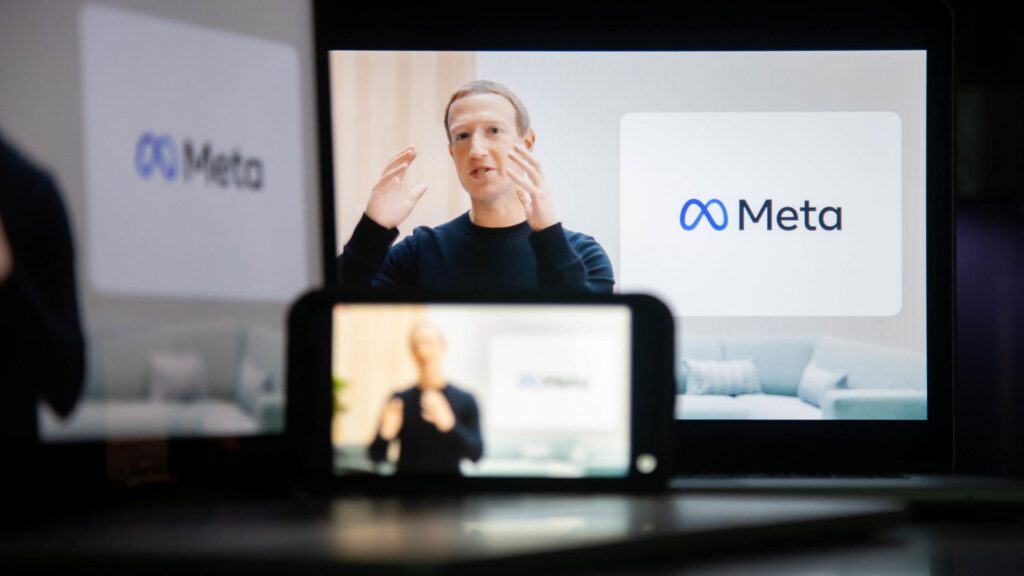The term “metaverse” was originally coined by science fiction writer Neal Stephenson in his 1992 novel, Snow Crash to represent a virtual reality environment connected through the internet and accessible from any device with an internet connection. Today, it’s a conjunction of the same key ideas of virtual reality and an immersive second life.
It is important to remember that none of this is actually real but the word ‘reality’ is a pivotal component of this. How is it different from social media? One can be engrossed in social media but not be ‘immersed’ in it to feel the experience physically as well. Metaverse is a graphical and hypothetical iteration of that rich virtual space, with claims of reliability where people can work, play, shop, and socialise. All of this can be done without actually doing it in person.
You won’t just be on the internet but, ‘in’ the internet. Whether we like it or not, or whether we even actually need such technology for its entirety, the fact that this is inevitable. This technological innovation is something that we cannot stop. This technology also has great business potential in IT, advertising, branding, marketing, banking,
and especially in architecture, engineering, and medical design models.
It is not just Facebook (Meta) but many giant fishes have entered into this competitive pond of VR rivals including Microsoft, Google, and Apple as potential players. Google has also recently invested $70 billion in developing software apps and games through something called ‘Activation Blizzard’.
Also read: Schools, universities in the metaverse? Why virtual reality is catching edtech’s attention
Metaverse supposedly seems to be something that looks like the land of Zalem, in Alita the Battle Angel, or any other space that you could have imagined in the words of your favorite science fiction writers. Mark Zuckerberg has said, “Future will be beyond anything we can imagine.” The important question is, however, what kind of future we would wish to build.
It is also crucial to remember that social media sites have often been the spaces for inciting various forms of violence, and the owners don’t seem to care about it. From the violence against Rohingyas in Myanmar to addiction, Mental health concerns, body image issues, and violence against minorities, social media has been the breeding ground for hate. Added to these are privacy concerns and copyright and intellectual property infringement.
Therefore, the concern is, can we trust Zuckerberg and others? And are his ‘apologies’ enough? Well, certainly they may be as long as they advance in his pocketbook. But we also need to the role we play in providing an amount of
control and power to these giants. This is something that we should ponder over before getting on board with futuristic technology like metaverse.
The author is a student at Indraprastha College for Women, New Delhi. Views are personal

